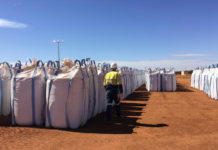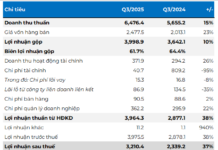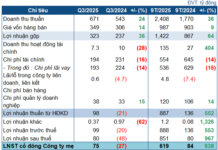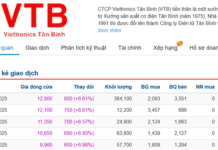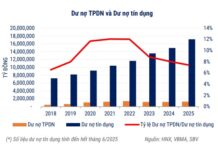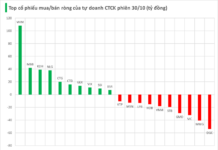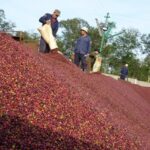Last night, Vietnam’s coffee industry was abuzz as coffee prices on the ICE Futures Europe exchange (London, UK – opening at 4 pm and closing at 12:30 am the next day, Vietnam time) continued its upward trend from last week, reaching an unprecedented high of $5,486 per ton for the November contract.
However, it suddenly dropped and ended the session in the early hours of September 17 at $5,246 per ton, a decrease of $21 per ton compared to the previous week, for the same November contract.
Commenting on this trading session, Mr. Nguyen Huu Long, Director of VCA Vietnam Coffee Academy JSC (Gia Lai province), stated that this coffee exchange mainly focuses on financial transactions and is a playground for speculators based on the traditional commodity market.
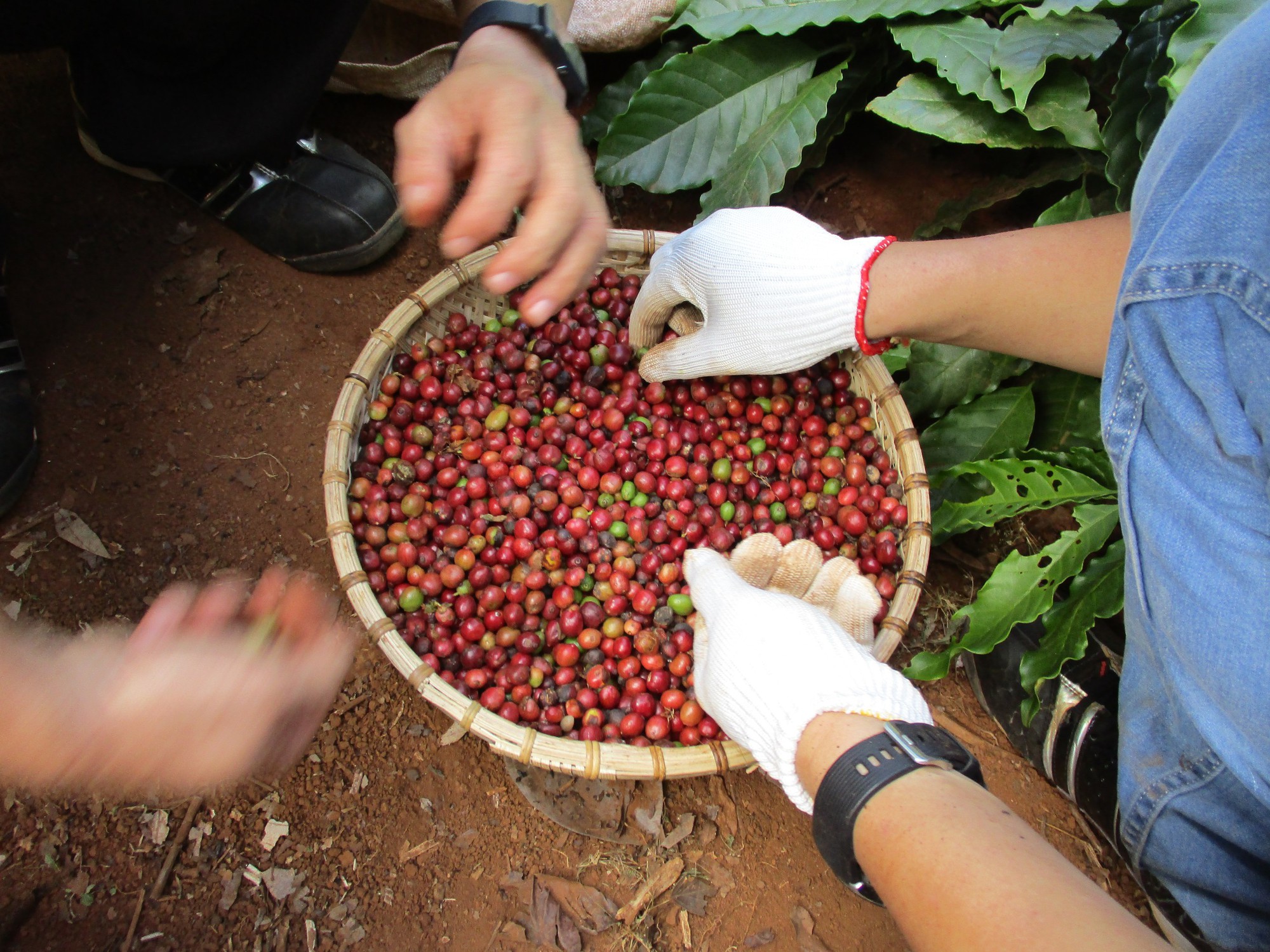
Vietnam is currently harvesting the 2024-2025 coffee season
“As coffee supply is lower than demand, speculators will place orders expecting price increases, pushing coffee prices higher, and then taking profits. These prices also serve as a reference for businesses when signing buy-sell contracts for future deliveries,” Mr. Long explained.
In a quick exchange with the Labor Newspaper reporter on September 17, Mr. Nguyen Nam Hai, Chairman of the Vietnam Coffee-Cocoa Association (VICOFA), attributed the high coffee prices to supply shortages. He explained that the two largest coffee-producing countries in the world, Brazil and Vietnam, have both experienced crop failures due to climate change. In addition, speculative activities on the London exchange have also contributed to the volatility in coffee prices.
Meanwhile, in the domestic market, some growing areas have started harvesting early-maturing cherries, with prices ranging from 120,000 to 130,000 VND per kg, relatively stable compared to the past few months.
The Chairman of VICOFA attributed the stability in domestic coffee prices to depleted supply, with minimal transactions. Vietnam’s coffee harvest peaks in November and December, so September and October typically see the lowest coffee production levels of the year.
The Import-Export Department (Ministry of Industry and Trade) forecasts that coffee prices will remain high in September due to reduced supply and increased demand. The output of the 2024-2025 coffee crop in Vietnam is expected to decrease significantly, reaching the lowest level in 13 years. Meanwhile, the global coffee consumer market is expected to surge by the end of the year.



